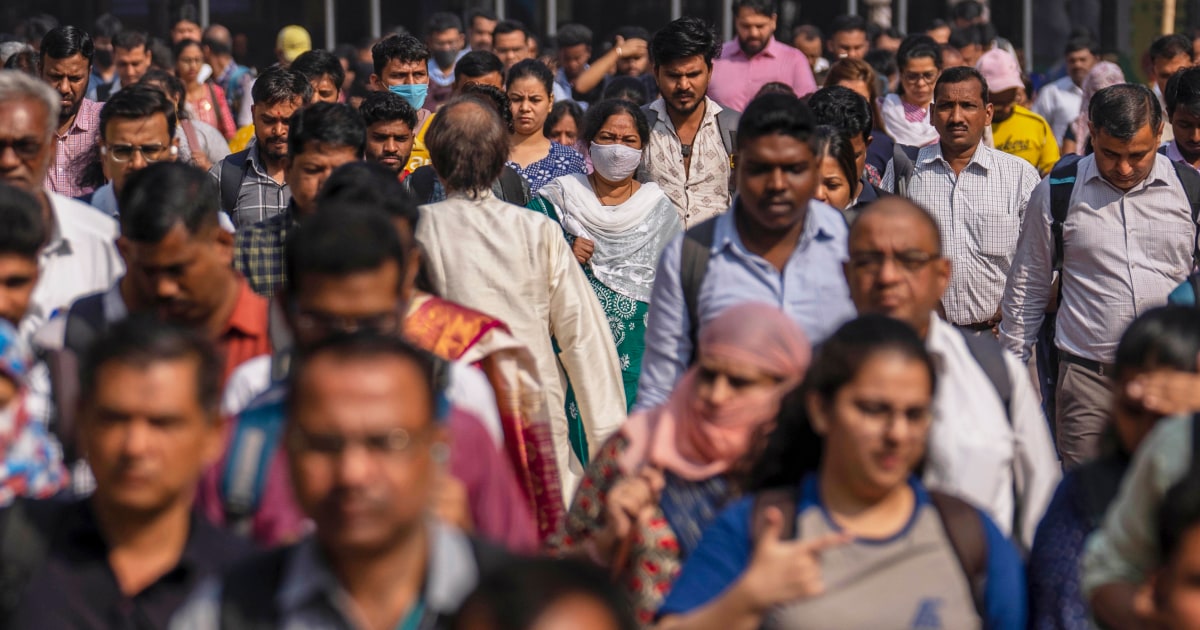Key takeaways:
- The United Nations Population Fund (UNFPA) estimates India’s population to surpass China’s by mid-2023, making India the world’s most populous nation.
- The UNFPA report projected that the world’s population will reach 8 billion people on Tuesday, November 15th.
- India’s population growth has been driven by improved health care, increased life expectancy, and improved access to education.
The United Nations Population Fund (UNFPA) released its “State of World Population Report, 2023” on Wednesday, which estimates India’s population to be 1.4286 billion, surpassing China’s 1.4257 billion by 2.9 million people by mid-2023. This would make India the world’s most populous nation.
The UNFPA report also projected that the world’s population will reach 8 billion people on Tuesday, November 15th. This is the first time the world’s population has reached 8 billion.
India is the second most populous country in the world, with a population of 1.4 billion people. It is home to 17.7% of the world’s population, and is the most populous democracy in the world. India is also the second most populous country in Asia, behind China.
The UNFPA report also highlighted the need for countries to invest in health, education, and other services to ensure the well-being of their citizens. It also noted that population growth is not the only factor that affects a country’s development, and that other factors such as economic growth, poverty reduction, and access to services are also important.
India’s population growth has been driven by a combination of factors, including improved health care, increased life expectancy, and improved access to education. The country has also seen an increase in migration from rural to urban areas, which has contributed to the growth of its population.
India’s population growth is expected to continue in the coming years, and the country is projected to become the world’s most populous nation by mid-2023. This will have a significant impact on the global economy, and it is important for countries to invest in their citizens’ health and education to ensure their well-being.



Be First to Comment